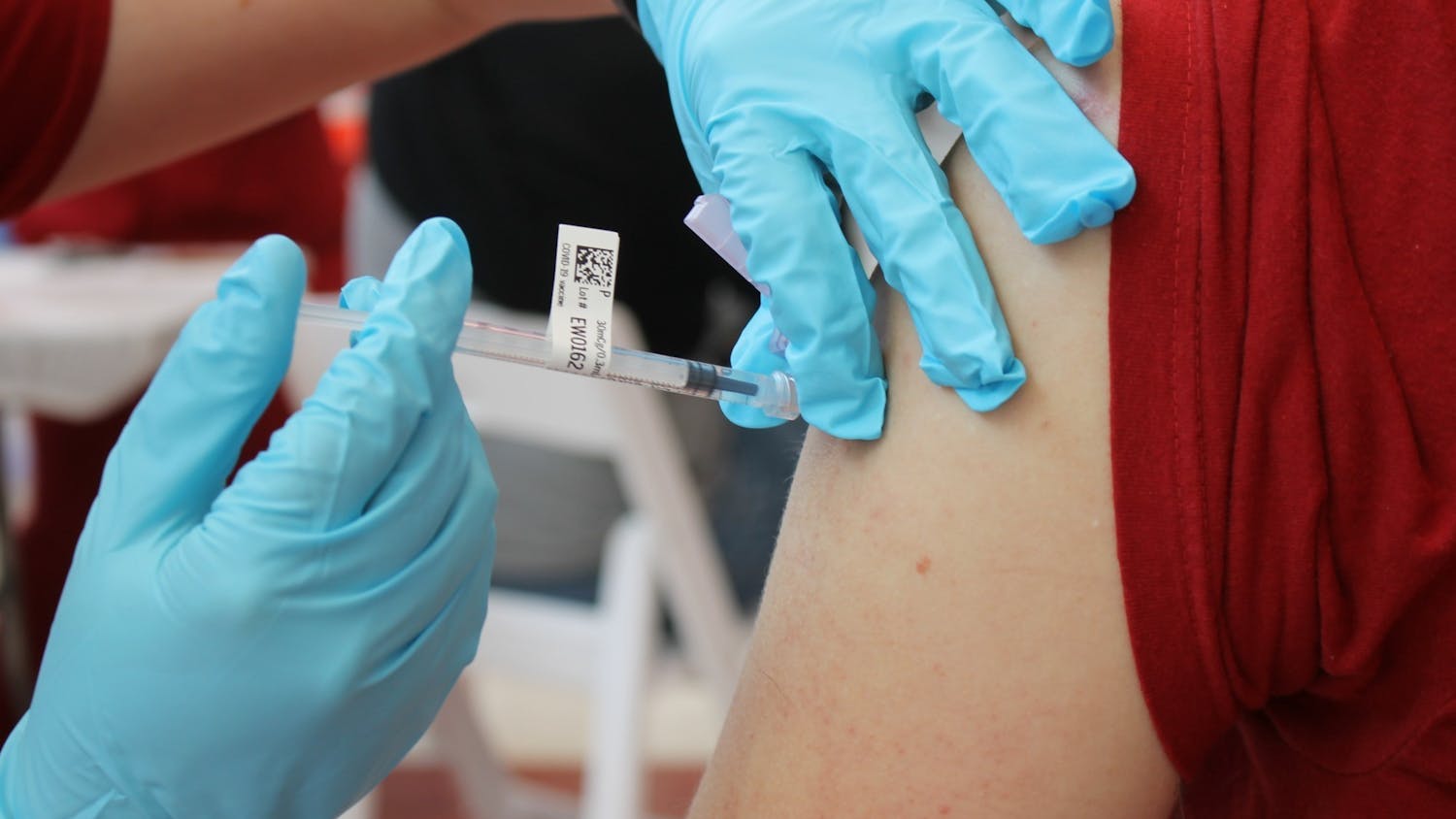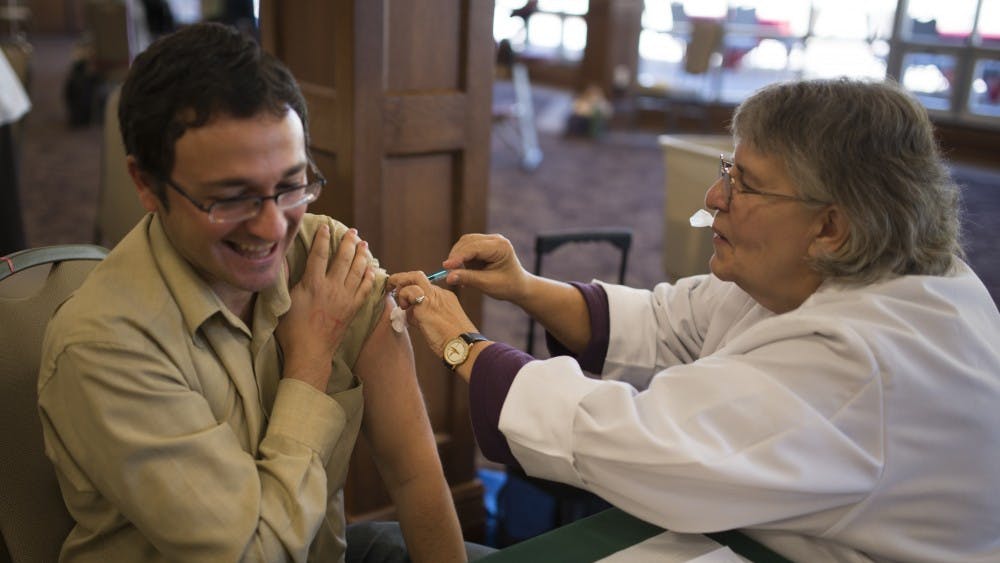A hormone that humans need for puberty has been found to play a role in seasonal reproduction in hamsters, say IU researchers.\nThe hormone, kisspeptin, or "KiSS," is a recently discovered neuropeptide -- protein produced in the brain -- and appears to mediate the decline in libido that male hamsters experience as winter approaches and the days become shorter. \n"It's well-known that reproduction is controlled by the reproductive endocrine axis in vertebrates and that environmental influences can affect the functioning of this axis," said professor Gregory Demas, a co-author of the study. "However, scientists still don't fully understand how the brain interprets and relays environmental information to the endocrine system. The discovery of kisspeptin, and the growing evidence that this hormone plays an important role in the regulation of reproduction, provides an important piece of the puzzle." \nIn humans, puberty only happens once in a lifetime. But in certain animals such as hamsters, "puberty" happens each year.\nIn winter conditions, the hamsters shrink their gonads (testicles and ovaries); in summer conditions, they re-grow them.\n"What's amazing is that the testicles in the hamsters in reproductive condition can grow to hundreds of times the size of their testicles in nonreproductive condition," said Timothy Grieves, a biology graduate student and lead author of the study.\nThe researchers divided male Siberian hamsters (Phodopus sungorus) into two groups. One group was housed in summerlike conditions (with long day lengths), the other group in winterlike conditions (with short day lengths).\nThe males in the summerlike conditions had much higher levels of KiSS in the area of the brain that controls reproduction than males in the winter-like condition.\nWhen the males in the winterlike conditions were given a dose of KiSS, the researchers found those males were able to elevate their leutinizing hormones -- an important hormone for reproduction -- just as well as the males in the summerlike conditions. This is the key finding that shows KiSS has the ability to act as an "on" switch for reproduction in the male hamsters.\nEven though other studies have shown that KiSS is needed for puberty, this is the first study to show its importance in animals that develop reproductive ability each year.\n"Understanding what's controlling reproduction gives us insight into how animals change when they reproduce, how long their breeding seasons are, what environmental cues are important to them," Grieves said. "Studies like this are important to understand how and why animals breed seasonally and also how future environments could affect these animals -- for example, can they be flexible in the face of global warming?"\nThe researchers' paper, titled "Environmental Control of Kisspeptin: Implications for Seasonal Reproduction," is accessible at http://endo.endojournals.org, the Web site for the journal Endocrinology. The paper will published in the journal's March 2007 issue.
A 'KiSS' is what hamsters need for sex
Hormone plays role in the growing and shrinking of gonads
Get stories like this in your inbox
Subscribe





